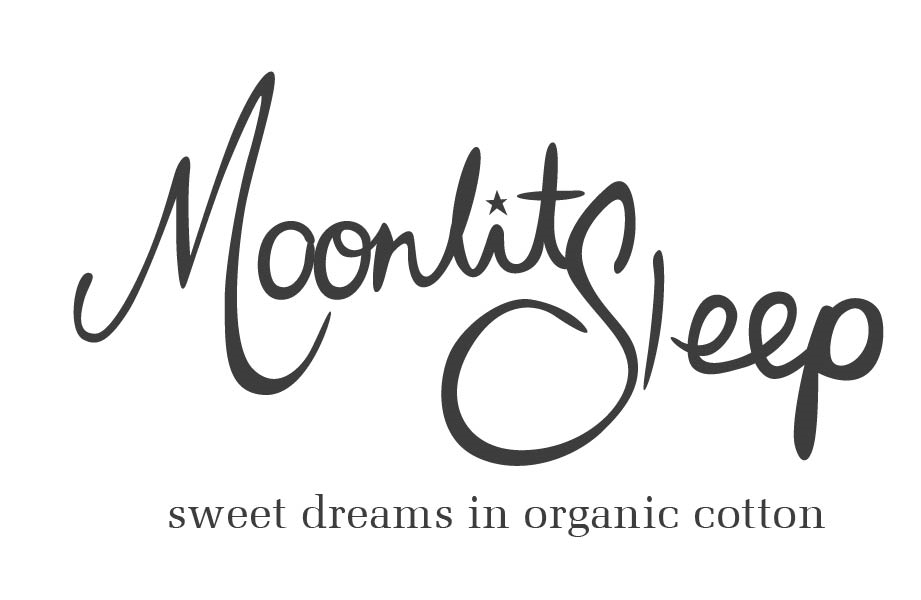Why we LOVE Organic Cotton
Organic cotton is grown naturally without any toxic or potentially toxic chemicals such as pesticides, insecticides and synthetic fertilizers. It uses beneficial insects and animals, secondary or trap crops, crop diversity and crop rotation to break the pest cycle.
If needed, natural pesticides are made from safe, natural ingredients such as chilli, garlic and soap. Weeds are removed manually and soil is fertilized with organic matter such as compost and manure.
Healthy soil is full of nutrients and it's organic matter retains water better than chemically dependent soil. This places less stress on water resources.
By buying organic cotton we truly support safer farming for people and the environment, as well as safer products for our children. Besides being a healthier and sustainable alternative, our organic cotton fabric is wonderfully soft and will wash and wear beautifully.
Cotton is also a non-allergenic natural fiber that doesn’t irritate sensitive skin. Cotton is naturally absorbent and allows the skin to breathe. It actually helps buffer changes in temperature and humidity, creating comfortable conditions for a restful sleep. We LOVE our Organic Cotton!
Why we say NO to pesticides
The Pesticide Action Network reports that, “With the world using about 50 times more pesticides today than six decades ago, their harmful impact on the environment and human health has increased alarmingly - and evidence is growing that children are especially vulnerable. Conventionally grown cotton uses more insecticides than any other single crop....accounting for more than 10% of total pesticide use and nearly 25% of insecticide use worldwide." Some of the chemicals sprayed on cotton are considered to be among the most toxic in the world. It's scary stuff!
Pests can become resistant to pesticides, so each season more may be needed. Pesticides kill the natural nutrients in the soil, so synthetic fertilizers are then needed to make the cotton grow. Heavy pesticide use reduces biodiversity and disrupts ecosystems. Both the pesticides and chemical fertilizers can contaminate drinking water and enter the food chain.
Farmers and workers are at direct risk of pesticide exposure and poisoning whilst they apply pesticides. Additionally, families and communities close by can also be affected by pesticide sprays which may miss their target and drift to nearby homes, waterways, food crops, animals and even to children playing outside.

